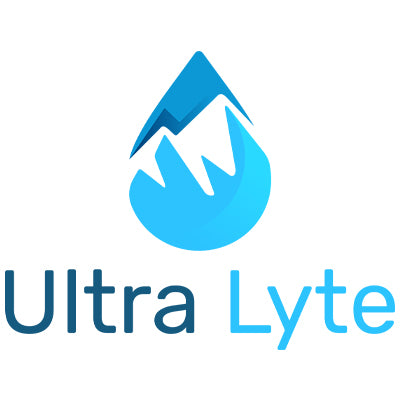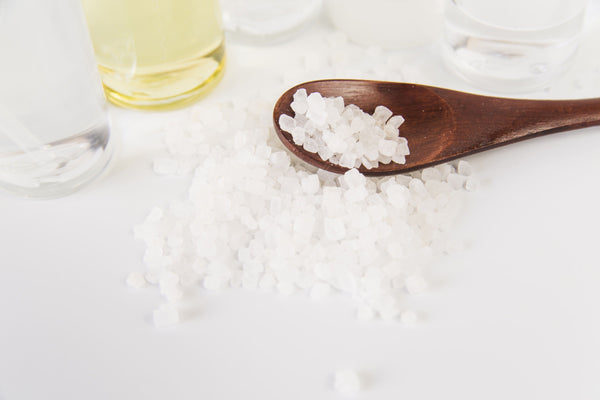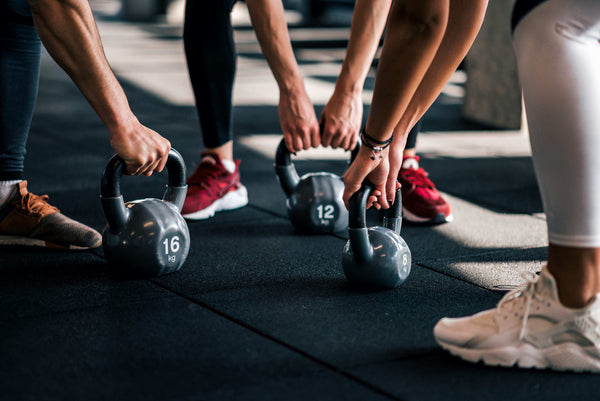
Why Hydration is the Key to Fast Recovery? A Comprehensive Guide

The importance of hydration in the body’s recovery process
Hydration plays a fundamental role in recovery after physical exertion, injuries, or even simple fatigue. Water is a primary component of all bodily fluids—blood, lymph, interstitial fluid—that transport nutrients and remove metabolic waste.
Proper hydration facilitates faster muscle repair, reduces inflammation, and enhances metabolic functions, leading to improved performance and well-being.
How dehydration affects recovery?
Research shows even a small fluid deficit (1-2% of body weight) can significantly impair the body's ability to recover. Lack of water hinders oxygen and nutrient delivery to muscles and slows toxin and catabolic waste removal (Cheuvront, 2010).
Additionally, dehydration increases cortisol levels—a stress hormone that inhibits repair processes and promotes muscle protein breakdown.
Hydration and reduction of inflammation and muscle soreness
Water helps eliminate inflammatory byproducts such as lactic acid, which accumulate in muscles after exertion. Regular fluid intake accelerates their dissolution and removal, reducing pain and muscle stiffness.
Optimizing metabolic functions with water
Water is essential for all metabolic reactions in cells. Maintaining proper hydration supports protein synthesis, energy production, and tissue repair (Popkin, 2010).
Practical tips for hydrating to improve recovery
-
Drink water regularly throughout the day, without waiting for thirst.
-
After exercise, choose drinks with electrolytes to quickly restore water-electrolyte balance.
-
Avoid sugary and alcoholic beverages that may impair hydration.
-
Monitor urine color – a light shade indicates good hydration.
Conclusion
Hydration is the foundation of fast and effective recovery. Providing the right amount of water supports nutrient transport, toxin removal, and optimizes repair processes. It’s a simple yet powerful strategy to enhance performance and well-being.
References:
-
Cheuvront, S.N., et al. (2010). Dehydration and endurance performance. Sports Medicine.
-
Popkin, B.M., et al. (2010). Water, hydration, and health. Nutrition Reviews.




